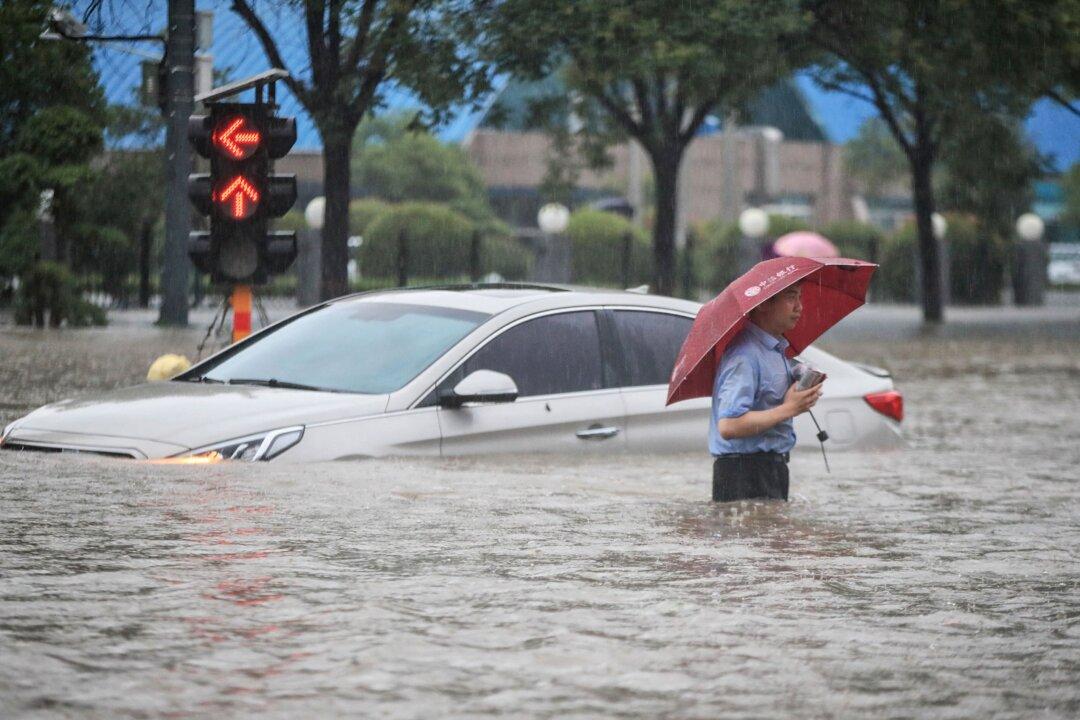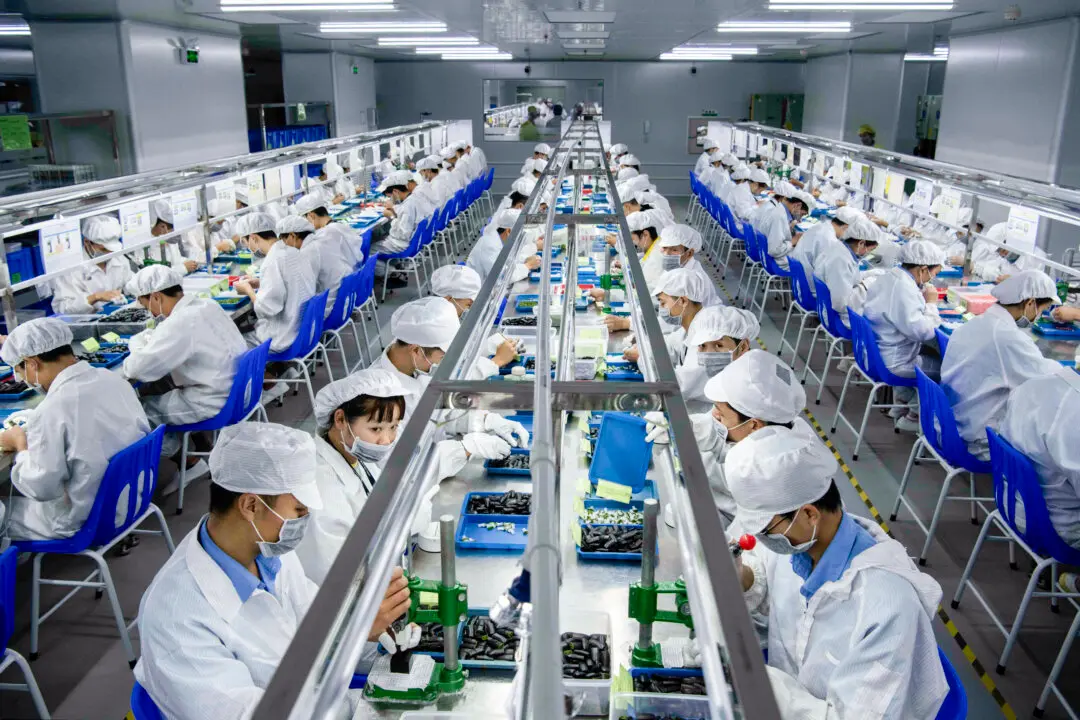Foreign journalists covering the aftermath of flooding in central China’s Henan Province have been harassed by angry groups who have been encouraged by Chinese communist authorities.
Foreign journalists working for international outlets, such as Los Angeles Times, the BBC, Deutsche Welle, and Agence France-Presse (AFP), have been harassed while covering the flooding’s aftermath.
The Chinese Communist Party (CCP) has been censoring information about the flood and restricting foreigners acting for non-state media in their disaster reporting. The CCP has warned Chinese netizens and locals not to spread “rumors” about the flood.
In one instance of intimidation against foreign reporters, Mathias Boelinger, who works for German media outlets such as Deutsche Welle, and Los Angeles Times journalist Alice Su were both confronted while conducting interviews in Zhengzhou on July 24.
Two women, identifying themselves as local media employees, approached them and one started filming them. Crowds quickly gathered, Boelinger wrote on Twitter.
“They kept pushing me yelling that I was a bad guy and that I should stop smearing China. One guy tried to snatch my phone.”
He said that many of those menacing him thought that he was Robin Brant, who is the BBC’s China correspondent. Once he managed to explain that he wasn’t Brant, many of those in the crowd calmed down.
“What I did not know at the time was that a manhunt was on after [Robin Brant] ... There is a vicious campaign against [BBC News] in nationalistic circles and state media,” Boelinger wrote on Twitter.
Hunting Reporters
Global Times, the CCP’s mouthpiece, published an article on July 25 stating that such incidents would further help western media “smear” the regime. It called on the public to find smarter ways to make Western journalists “pay the price.”The BBC reporter was accused of being a “rumor-mongering foreigner” and of “seriously distorting the facts” in his reports on the flooding.
At least 14 people died in the submerged subway.
“How was it that a station on this line, on an underground metro system that’s less than 10 years old, came to be overwhelmed by rainwater and passengers left to die on the platform?” he asked.
His video report was a source of outrage among some in China.
Although Brant had noted that Chinese leader Xi Jinping has called for improving the transport network’s early warning systems, his coverage of passengers being submerged in water went against the CCP’s propaganda line.
The hostility that Brant, Boelinger, and Su experienced has become commonplace for foreign reporters inside China.
Journalists of the Associated Press were stopped and reported to the police for filming. French outlet AFP was forced to delete footage after being surrounded by several dozen men while reporting on a submerged highway tunnel.
A crew from Al Jazeera were followed and filmed while reporting outside the waterlogged metro station.
The FCCC has also condemned the role played by the communist state in stifling freedom of the press in the communist-controlled nation.




